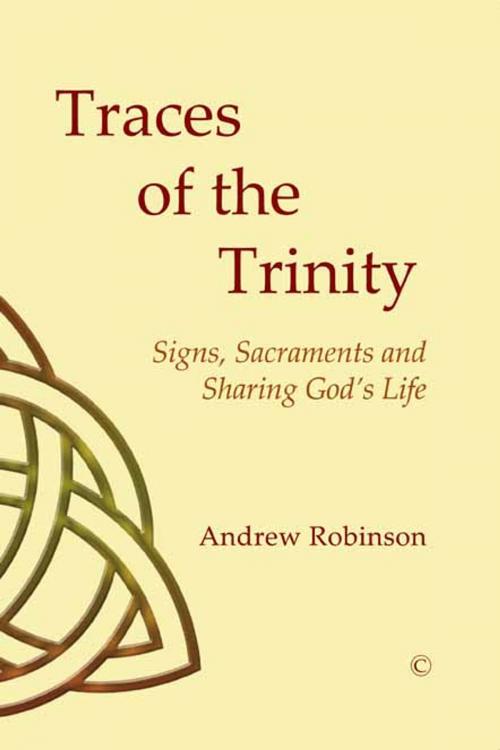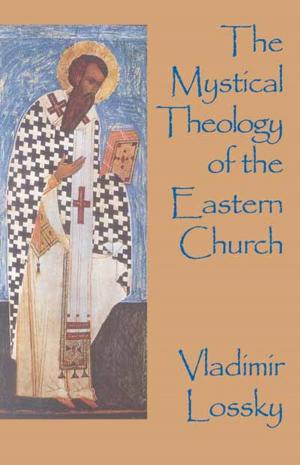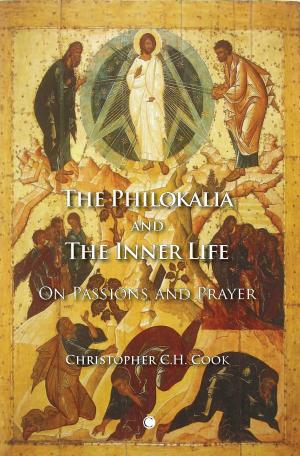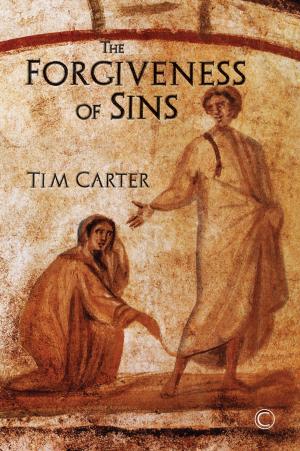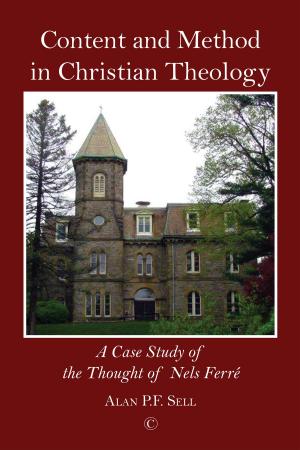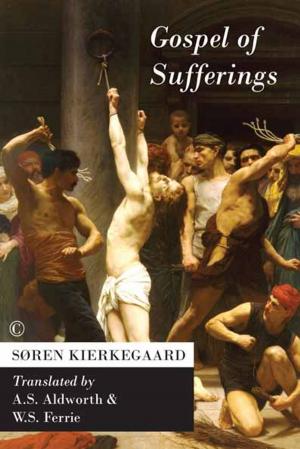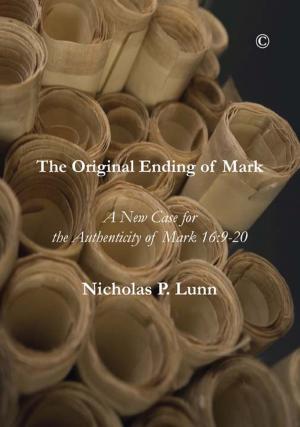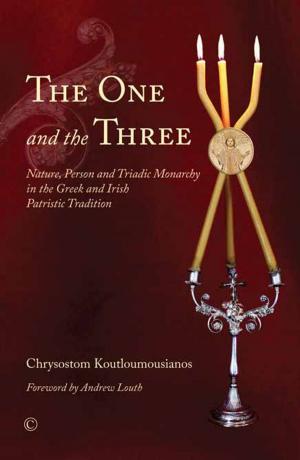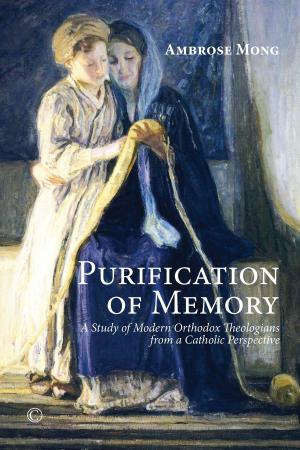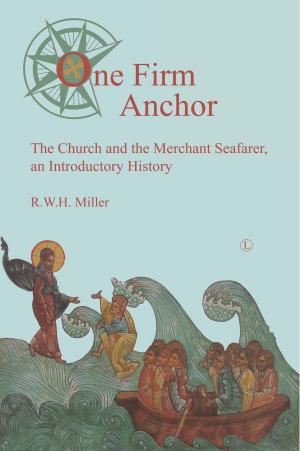Traces of the Trinity
Signs, Sacraments and Sharing God's Life
Nonfiction, Religion & Spirituality, Bible & Bible Studies, Hermeneutics, Theology| Author: | Andrew Robinson, Susan F. Parsons | ISBN: | 9780227902387 |
| Publisher: | James Clarke & Co | Publication: | August 28, 2014 |
| Imprint: | James Clarke & Co | Language: | English |
| Author: | Andrew Robinson, Susan F. Parsons |
| ISBN: | 9780227902387 |
| Publisher: | James Clarke & Co |
| Publication: | August 28, 2014 |
| Imprint: | James Clarke & Co |
| Language: | English |
Traces of the Trinity is a masterful exploration of Christian theology through the lens of semiotics – the study of signs. Andrew Robinson provides helpful analogies and clear explanations throughout to lead even the non-specialist through the subject with ease.
Although the variety of signs is endless, all signs and sign-interpretations have the same basic structure: sign, object and interpretation. Further, Robinson shows how this triad rests upon the existence of three ‘elemental grounds’: Quality, Otherness and Mediation. He proceeds to develop a highly original ‘semiotic model’ of the Trinity, illuminating and integrating key areas of Christian thought: creation, incarnation, and atonement; the roles of baptism and the Eucharist; the nature of the church and the basis of participation in the divine life.
Robinson makes belief in the Trinity relevant to ordinary, everyday experience, and challenges the church to recognize the implications for its calling to be transformative, truthful, and inclusive.
Traces of the Trinity is a masterful exploration of Christian theology through the lens of semiotics – the study of signs. Andrew Robinson provides helpful analogies and clear explanations throughout to lead even the non-specialist through the subject with ease.
Although the variety of signs is endless, all signs and sign-interpretations have the same basic structure: sign, object and interpretation. Further, Robinson shows how this triad rests upon the existence of three ‘elemental grounds’: Quality, Otherness and Mediation. He proceeds to develop a highly original ‘semiotic model’ of the Trinity, illuminating and integrating key areas of Christian thought: creation, incarnation, and atonement; the roles of baptism and the Eucharist; the nature of the church and the basis of participation in the divine life.
Robinson makes belief in the Trinity relevant to ordinary, everyday experience, and challenges the church to recognize the implications for its calling to be transformative, truthful, and inclusive.
